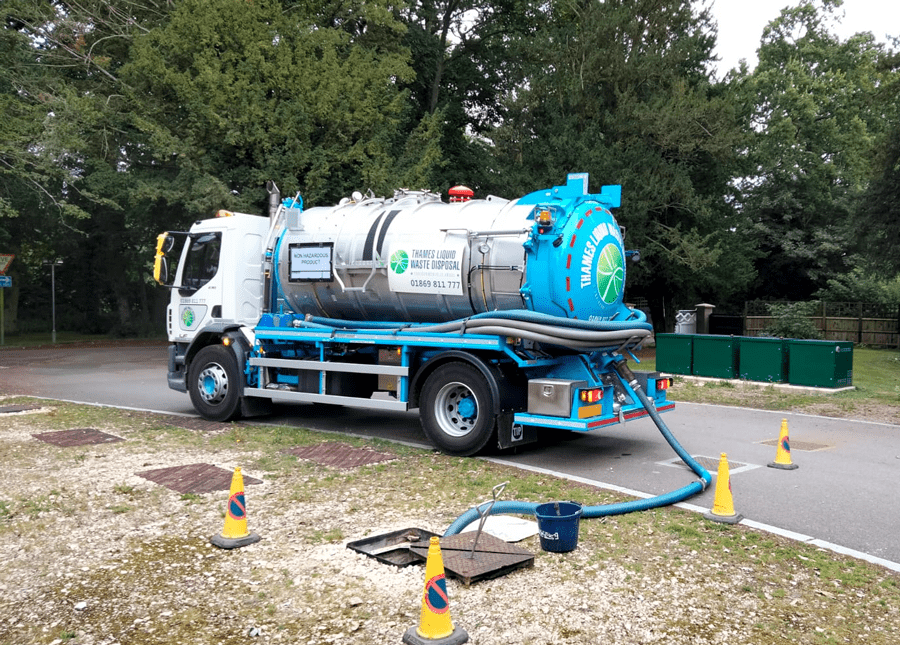Some Known Factual Statements About Reclaim Waste
Some Known Factual Statements About Reclaim Waste
Blog Article
All about Reclaim Waste
Table of ContentsThe 7-Second Trick For Reclaim WasteThe Buzz on Reclaim WasteReclaim Waste - The FactsThe Buzz on Reclaim WasteReclaim Waste Things To Know Before You Get This
Discover the kinds, events, and kinds of fluid waste. Residential sewer waste refers to the waste and products from a domestic sewage-disposal tank. This sort of waste is produced by humans in houses, colleges, and various other structures. This only consists of sewage-disposal tanks that have a drainpipe field. The proper monitoring and disposal of domestic sewage waste need fluid waste to be transferred to a sewer therapy plant where the appropriate methods and tools are used to cleanse and dispose of waste.
Commercial waste usually includes prospective threats, such as flammable products or a mix of fluid and strong waste products, and needs an advanced and thorough disposal process. The disposal of business waste usually includes the purification of waste before transportation to make certain secure and correct disposal. Industrial waste is developed from byproducts and drainage of commercial procedures and production.
This type of waste can not use the very same sewer management transportation or procedures as septic or business fluids. The hazardous waste management process needs the inspection and screening of fluid waste before it undergoes the disposal process (industrial wastewater treatment). Drainage waste is the fluid waste that originates from runoff and excess stormwater in extremely inhabited locations or cities
Drainage waste can cause contamination and flooding if not taken care of correctly. Discover more concerning sewer cleaning and waste management. Making certain appropriate waste management can prevent disasters and minimize ecological injury. Both people in domestic settings and experts in commercial or production industries can benefit from understanding the processes and guidelines of fluid waste monitoring.
An Unbiased View of Reclaim Waste
Contact PROS Providers today to learn about our waste administration and disposal services and the appropriate ways to care for the fluid waste you generate.
(https://www.openlearning.com/u/leonaube-smse1x/about/)This supposed 'wastewater' is not only an important resource but, after therapy, will be released to our land, rivers or the ocean. Utilized water from bathrooms, showers, bathrooms, kitchen area sinks, laundries and industrial procedures is known as wastewater.

water used to cool equipment or clean plant and devices). Stormwater, a form of wastewater, is drainage that streams from farming and urban locations such as roofs, parks, yards, roadways, courses and gutters right into stormwater drains, after rain. Stormwater moves unattended straight to regional creeks or rivers, at some point getting to the sea.
4 Simple Techniques For Reclaim Waste
In Queensland, most wastewater is treated at sewer therapy plants. Wastewater is transferred from residential or commercial sites through a system of sewers and pump terminals, recognized as sewage reticulation, to a sewage treatment plant.
The Division of Natural Resources encourages city governments about handling, operating and preserving sewerage systems and treatment plants. In unsewered areas, local governments might require owners to mount individual or home sewage therapy systems to treat domestic wastewater from toilets, cooking areas, restrooms and laundries. The Department of Natural Resources authorizes the usage of family systems when they are confirmed to be reliable.
In some brand-new class, treatment of some stormwater to remove litter, sand and gravel has actually started using gross toxin traps. Wastewater treatment takes place in four stages: Removes solid issue.
Wastewater then moves into large tanks where solids resolve and are removed as sludge. Grease and scum are skimmed from the surface area. Utilizes tiny living organisms called micro-organisms to damage down and remove continuing to be dissolved wastes and great bits. Micro-organisms and wastes are integrated in the sludge. Eliminates nitrogen and phosphorus nutrients that could trigger algal flowers in our waterways and intimidate marine life.
What Does Reclaim Waste Do?
Nutrient removal is not readily available at all sewage treatment plants because it calls for pricey specialised tools. Clear liquid effluent produced after treatment might still have disease-causing click for source micro-organisms - industrial wastewater treatment.

This normally indicates wastewater has to be treated or contaminants gotten rid of prior to it can be discharged to waterways. Most wastewater flows into the sewage system. Under the Act, regional governments provide approvals and licences for environmentally relevant activities (ERAs) involving wastewater releases that could have a local effect. The department administers authorizations and permits to Periods including wastewater releases that could have a regional or statewide influence.
8 Simple Techniques For Reclaim Waste
Surveillance provides accurate info regarding water top quality and can validate that permit problems are being fulfilled. The details obtained through monitoring supplies the basis for making water high quality choices.
Report this page